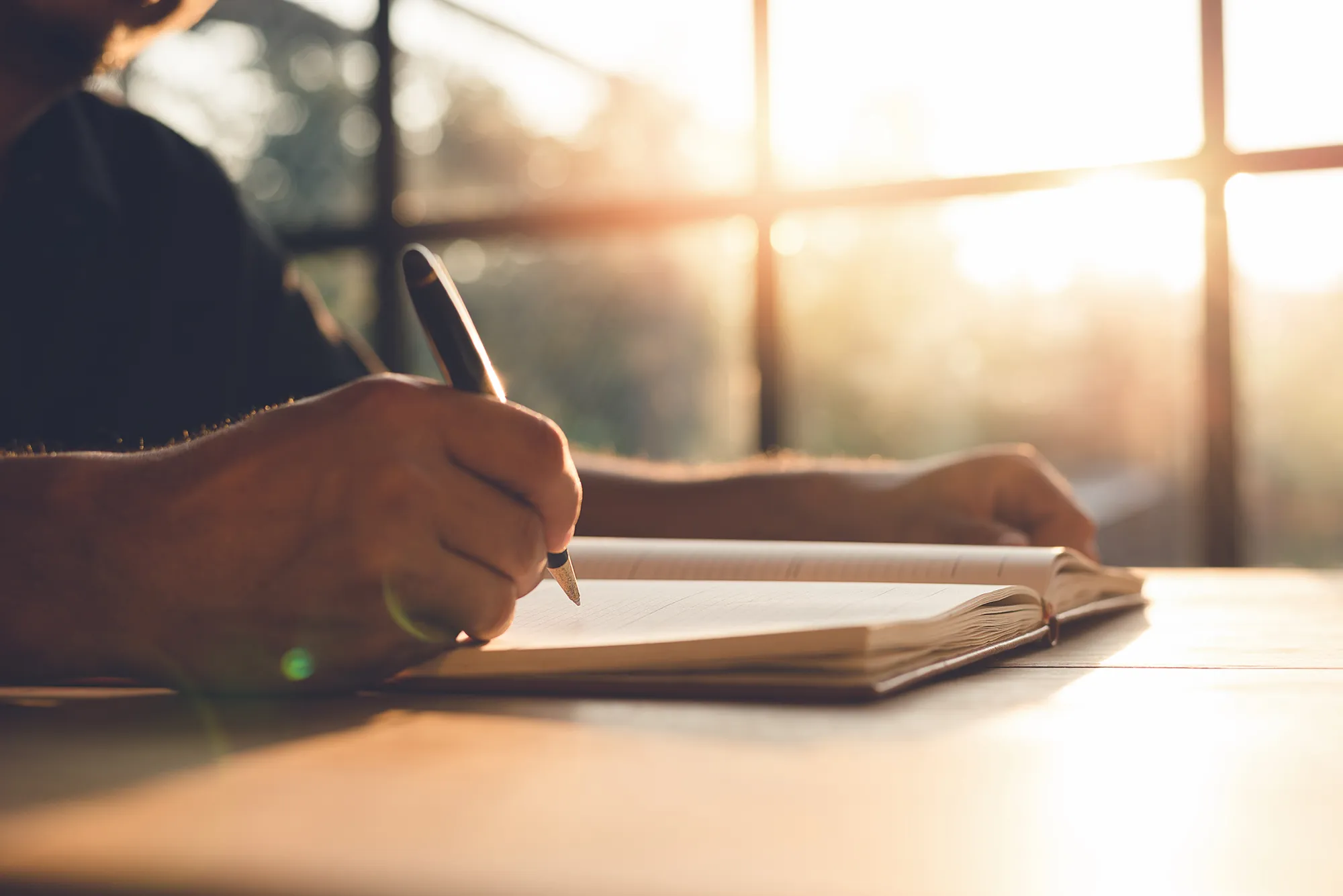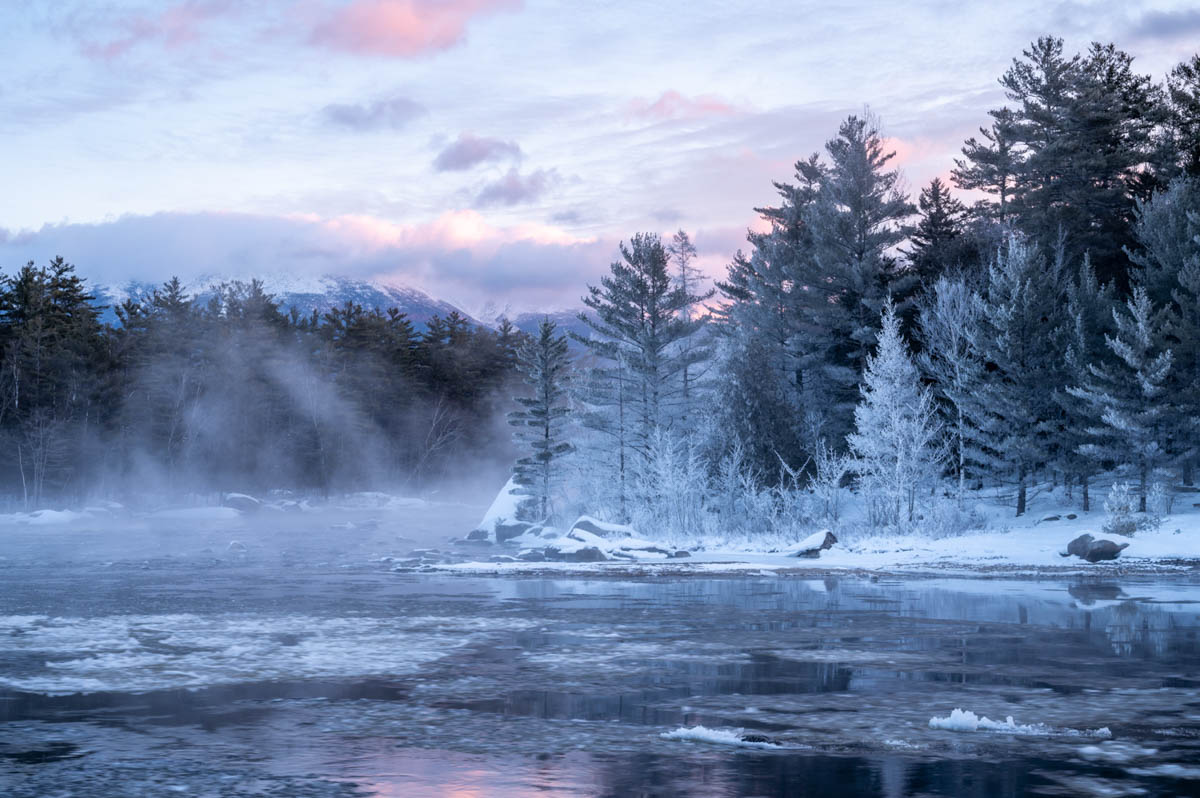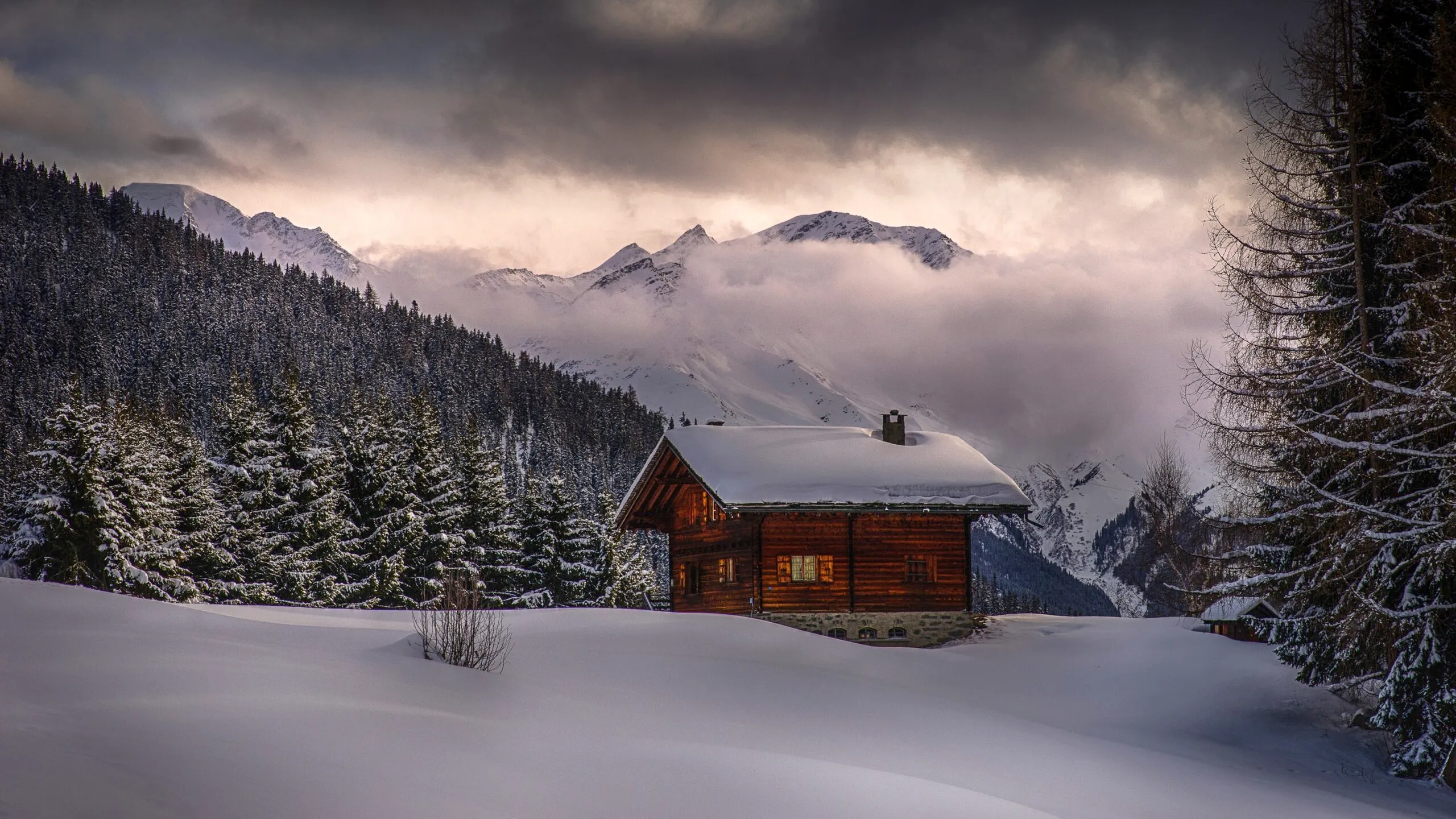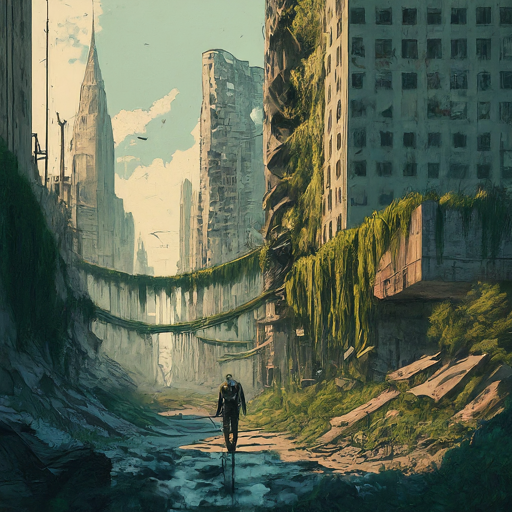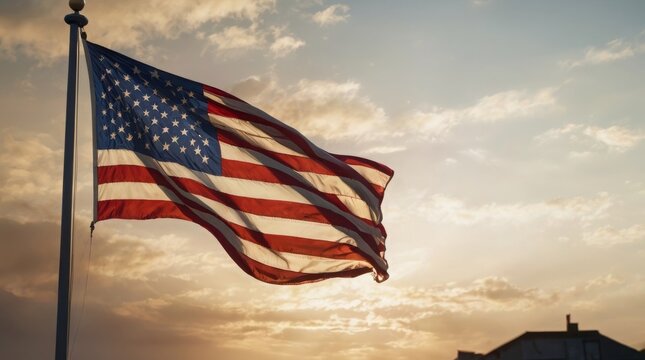
Minimalism (n); a movement that promotes conscious decision-making about belongings, time, energy and relationships.
The Minimalists, Joshua Fields Millburn and Ryan Nicodemus, define minimalism as, “a lifestyle that helps people question what things add value to their lives. By clearing the clutter from life’s path, we can all make room for the most important aspects of life: health, relationships, passion, growth, and contribution.”
Being a long-distance backpacker, minimalism is hardwired into my brain. I only learned that there was a term for it after watching The Minimalists go on Matt D’Avella’s podcast.
On trail minimalism comes second nature, only carry the essentials, but at home the line can be blurred. How many shirts do I really need? What if parachute pants make a comeback? Do I need to get rid of grandmas ashes?
There are no set rules, so the answer to all of those questions is: Does it add value to your life? If yes, then keep it, if no then ditch it (Sorry grandma).
Minimalism is about setting up your environment for success. Author James Clear explains it as “removing friction”. When there is less clutter in your environment, there is less friction. By removing the friction, you are making the next action easier.
If you want to make an egg in the morning but the stove is covered with other dishes, it is less likely you make the egg than if the stove was cleared already. You could even go as far as setting the necessary equipment out the night before.
By having a clutter free space, it allows the mind to be clearer. I often attribute my mental state to the state of my room. When my room is messy and disorganized, I know that I have a lot going on and my mind is disorganized. Cleaning my room is the first step I take to getting my shit in order.
Having an environment with less friction allows you to be more productive and have better focus. By setting up your environment to make the next action easier, you can get more done.
